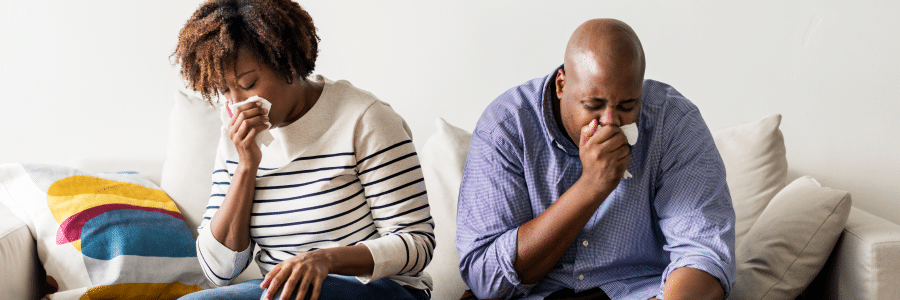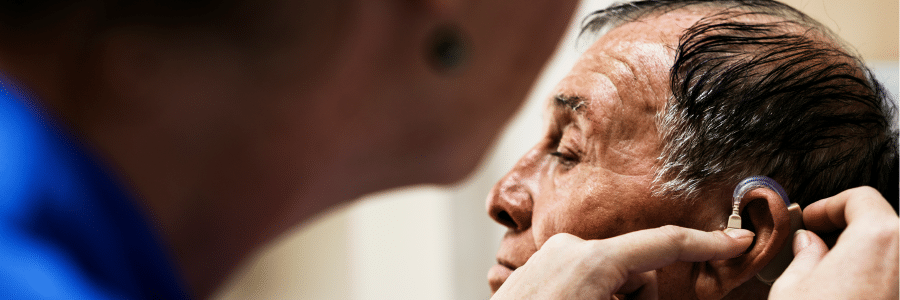10 Ways to Keep Your Bones Healthy
December 26, 2021
We’re big believers in using food as medicine. But did you know the right food is especially important to build healthy bones? As we age, our bones lose essential minerals, which can lead to breaks. Fortunately, you can maintain strong bones by eating well and making healthy lifestyle choices.
Here are 10 natural ways to build healthy bones.
Eat Your Veggies
Vegetables are great for your bones because they are one of the best sources of vitamin C, which stimulates the production of bone-forming cells. Some studies suggest that vitamin C’s antioxidant effects may also protect bone cells from damage. Eating green and yellow vegetables has been linked to increased bone mineralization in childhood and bone mass maintenance in young adults. Eating lots of vegetables also benefits older women.
Do Strength Training and Weight-Bearing Exercises
Weight-bearing or high-impact exercise helps promote new bone formation. Studies in children found it increases the amount of bone created during the years of peak bone growth. It can also help to prevent bone loss in older adults. Strength-training exercise increases muscle mass and may help protect against bone loss in younger and older women.
Consume Enough Protein
Eating protein is vital for healthy bones. About 50% of bone is made of protein. Low protein intake decreases calcium absorption and may affect rates of bone formation and breakdown. But be careful. Too much protein can leach calcium from bones. It’s best to limit your protein consumption to about 3.5 ounces daily and round out your diet with plenty of plant foods and adequate calcium.
Eat High-Calcium Foods
Calcium is the most crucial mineral for bone health, and it’s the main mineral found in your bones. Because old bone cells are constantly broken down and replaced by new ones, it’s important to consume calcium daily to protect bone structure and strength. The recommended dietary intake for calcium is 1,000 mg per day for most people, although teens need 1,300 mg and older women require 1,200 mg. It’s best to get calcium from foods rather than supplements.A recent study found that high calcium intake from foods decreased the risk of heart disease overall, but those who took calcium supplements had a 22% greater risk of heart disease.
Get Plenty of Vitamins D and K
Vitamin D and vitamin K are important for building strong bones. Vitamin D helps your body absorb calcium. People with low vitamin D levels tend to have lower bone density and are more at risk for bone loss than people who get enough. You may be able to get enough vitamin D through sun exposure and food sources, such as fatty fish, liver, and cheese. Some people need to supplement with up to 2,000 IU of vitamin D daily to maintain optimal levels. Vitamin K2 supports bone health by modifying osteocalcin, a protein involved in bone formation, so it can bind to minerals in bones and prevent the loss of calcium from bones. You can get K2 from liver, eggs, meat, fermented foods like cheese, sauerkraut, and a soybean product called natto.
Avoid Very Low-Calorie Diets
Cutting too many calories can hurt your bones. Studies show that diets of fewer than 1,000 calories per day can lead to lower bone density. To build and maintain strong bones, follow a well-balanced diet that provides at least 1,200 calories per day. It should include plenty of protein and foods rich in vitamins and minerals that support bone health.
Consider Collagen
Evidence suggests that collagen supplements may help protect bone health. Collagen is the main protein found in bones. It contains the amino acids glycine, proline, and lysine, which help build bone, muscle, ligaments, and other tissues. Collagen can be found in gelatin, which has been used to relieve joint pain for many years.
Maintain a Stable, Healthy Weight
Maintaining a healthy weight can help support bone health. Low body weight is the main contributor to reduced bone density and bone loss in older people. Obesity can also impair bone quality by increasing the risk of fractures due to weight-related stress. And repeatedly losing and regaining weight can also hurt your bones.
Eat Foods High in Magnesium and Zinc
Calcium isn’t the only mineral that’s important for bone health. Magnesium and zinc are important, too. Magnesium helps to convert vitamin D into a form that promotes calcium absorption. Zinc encourages the formation of bone-building cells and prevents excessive bone breakdown. Trace amounts of magnesium are found in small amounts in most foods, but you make want to supplement with magnesium glycinate, citrate, or carbonate. Good sources of zinc include beef, shrimp, spinach, flaxseeds, oysters, and pumpkin seeds.
Eat Foods High in Omega-3 Fats
Omega-3 fatty acids are well known for their anti-inflammatory effects. They also help protect against bone loss as you age. Omega-3 fatty acids can be found in fatty fish, including mackerel, salmon, and sardines, or in chia seeds, flaxseeds, and walnuts.
Get the Care You Need
Ready to take the next step for a healthier life? Grady can help. If you need a primary care physician, give us a call at (404) 616-1000. We’ll arrange an appointment at a Primary Care Center near you. Doctors there can treat most conditions and provide access to Grady’s unparalleled medical specialty expertise.

Advertisement


